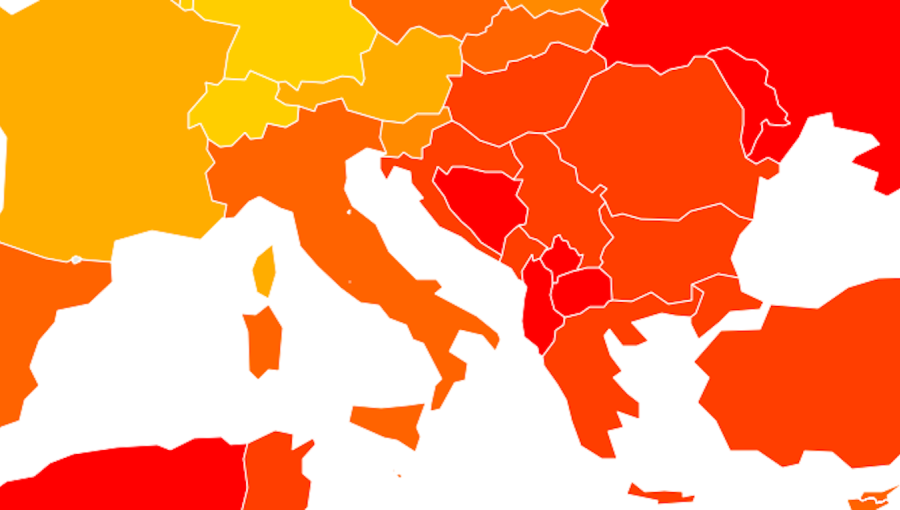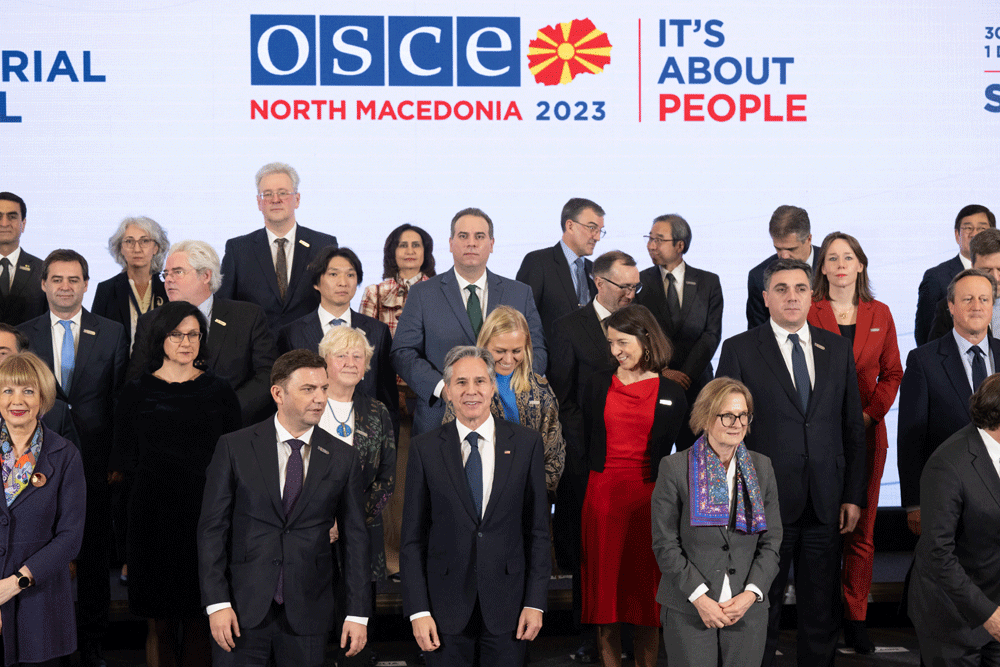In a recent contribution to “Revista Shenja,” Dr. Mentor Beqa, a well-respected figure in political analysis, delves into the pervasive issue of corruption within Albanian society and the broader Balkan region. Beqa’s article presents a critical examination of the structural factors that facilitate corruption, highlighting the unfortunate synergy between expansive governmental power and the absence of effective democratic mechanisms for oversight and limitation of party and individual authority.
Government Size and Lack of Democratic Controls:
Beqa argues that the Balkans, and Albanian society in particular, suffer from a detrimental combination of large governmental structures and a deficiency in democratic controls. This combination, he suggests, not only enables but also perpetuates the widespread corruption that plagues the region.
Political Parties as Primary Sources of Corruption:
Central to Beqa’s analysis is the assertion that political parties are the main sources of corruption in Albanian society. He contends that the current political and institutional framework allows parties and their affiliated individuals to operate with a level of impunity that fosters corrupt practices, undermining the integrity and effectiveness of governance.
The Cycle of Corruption:
The article further explores how widespread corruption contributes to the reproduction of a societal reality that initially enables it. This cyclical nature of corruption, where corrupt practices perpetuate the very conditions that allow them to flourish, poses a significant challenge to breaking the cycle and implementing meaningful reforms.
Conclusion and Call to Action:
Dr. Beqa’s insights into the structural roots of corruption in Albania and the Balkans offer a sobering perspective on the challenges facing the region. His analysis underscores the urgent need for comprehensive reforms aimed at reducing governmental size, enhancing democratic oversight, and breaking the cycle of corruption that hinders societal progress and development.
For a detailed exploration of Dr. Beqa’s analysis and thoughts on the sources of corruption in Albanian society and the Balkans, read the full article here.


 Share on WhatsApp
Share on WhatsApp
 Share on Facebook
Share on Facebook

